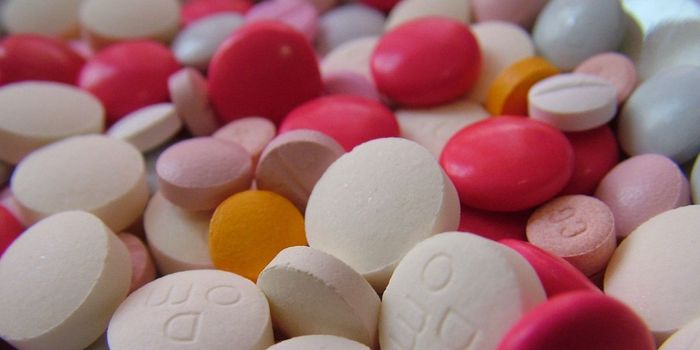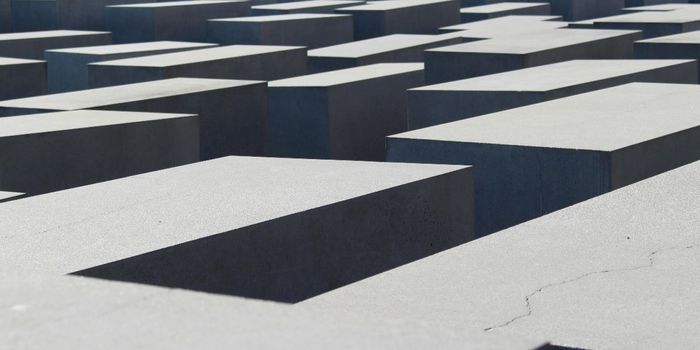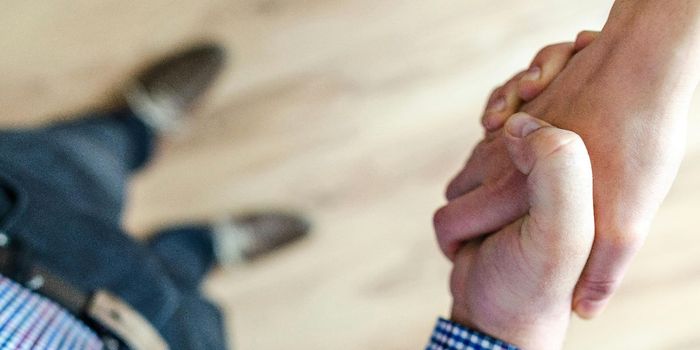World Cup soccer star Brandi Chastain is probably best known for whipping off her shirt in celebration of the US Women’s win in 1999, but soon another move she’s made will be taking the spotlight. On March 3, 2016 Chastain announced that she would be donating her brain to the
Concussion Legacy Foundation at the CTE Center at Boston University.
In an interview with USA TODAY Sports, she said, “I’m not going to be needing it at the end of my life, No. 1, and hopefully, what can be learned is, can doctors and scientists and neuroscientists look at the brain of someone like me, who has been playing soccer a majority of my life, and really dissect the brain and say, ‘Here’s where we see it beginning?’ Could we then use that information to help say that before the age of 14, it’s not a good idea to head the ball? I never had an official diagnosis of a concussion in my career but as you grow older, you sometimes say, gosh, am I losing my memory or did I used to forget when I went into a room what I went in there for? Could this be the start of something?”
Chastain’s donation highlights a gap in concussion research. While the brain bank at the Department of Veterans Affairs, which is managed by the Boston University School of Medicine, has over 300 brains, only 7 of them are from women and of those, none have been found to have Chronic Traumatic Encephalopathy. Conversely, of the brains studied there that are from men who played football,
96% percent have been diagnosed with CTE. Football legends like Frank Gifford and Ken Stabler have made headlines after passing away when their brains were examined and found to have the neurodegenerative disease, but the same is not true for women’s sports.
Ann McKee, director of BU’s CTE Center
told the Washington Post, "We currently know so little about how gender influences outcome after trauma. Her pledge marks an important step to expand our knowledge in this critical area.”
In a feature for the Concussion Legacy Foundation, Chastain explained her reasoning for donating her brain, “With more information, the greater public can make better choices. I won’t be witness to the results when I donate my brain, and I hope that day is a long way from today, but I’m hoping that my donation helps change things for the positive. I hope my experience in soccer and what I am able to give back helps put soccer in a better place than it was when I started. Having played soccer since I was little, I can’t even attempt a guess at how many times I’ve headed the ball. It’s a significant number. It’s scary to think about all the heading and potential concussions that were never diagnosed in my life, but it’s better to know.”
The donation is not the first time Chastain has been involved with the safety of her sport. She has been heavily involved in the Safer Soccer campaign, coining the hashtag
#NoHeaderNoBrainer on social media in an effort to raise awareness about athletes younger than 14 heading the ball. Check out the video below to hear more about Chastain’s donation and what she hopes to achieve by making it.









